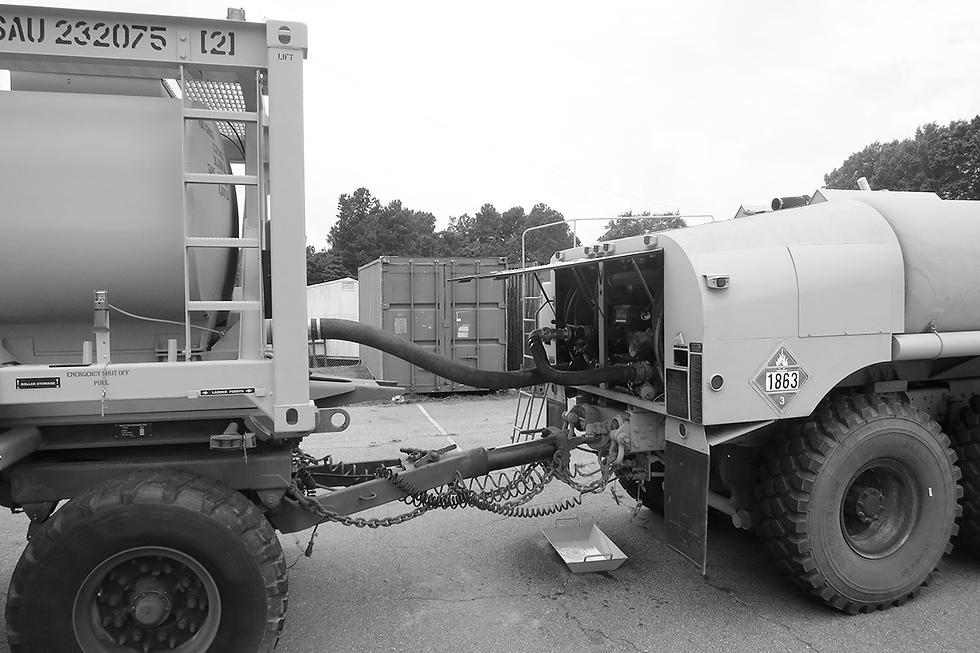How I Got Into Writing Technical Manuals
- Michael Bean
- Nov 14, 2023
- 2 min read
So, I grew up on a cotton farm. I was raised around machinery. I watched my dad repair all sorts of equipment, and had to work on a lot of it myself at times. I was driving a tractor by the time I was 12.

In high school I was active on the school newspaper, and upon graduation jounalism seemed to be somthing I wanted to do as a career. I lasted about 15 minutes as a journalism major. My first lecture class had upwards of 300 students in it. I surmised that if THAT many people could do it, there couldn’t be much money in it. So, for reasons that I don’t fully recall now, I decided on mechanical engineering.
I graduated and like almost every other mechanical engineering student in Texas at the time, I took a job in the oil and gas industry. And, like many other engineers, I got laid off after only 6 months on the job.
My job search took me to southern California, and after interviewing at several places, I was offered a job writing technical manuals with a division of Litton Industries, this time in the defense industry. (Litton was later acquired by Northrup Grumman) My first job was writing repair procedures for an air-to-ground guided missile system. This was before personal computers and word processors, so I literally wrote my procedures in pencil on a yellow pad.
And it turned out to be a good match. I enjoyed the writing process. I enjoyed scouring over engineering drawings, specifications, and reference documents to create repair procedures from scratch. I still do.
So now I have been writing technical manuals for over 30 years. I get a lot of satisfaction from creating a 250 page operation manual or repair manual from nothing. My tools have upgraded a lot from the old yellow pad, but in a lot of ways it’s the same process.





Comments